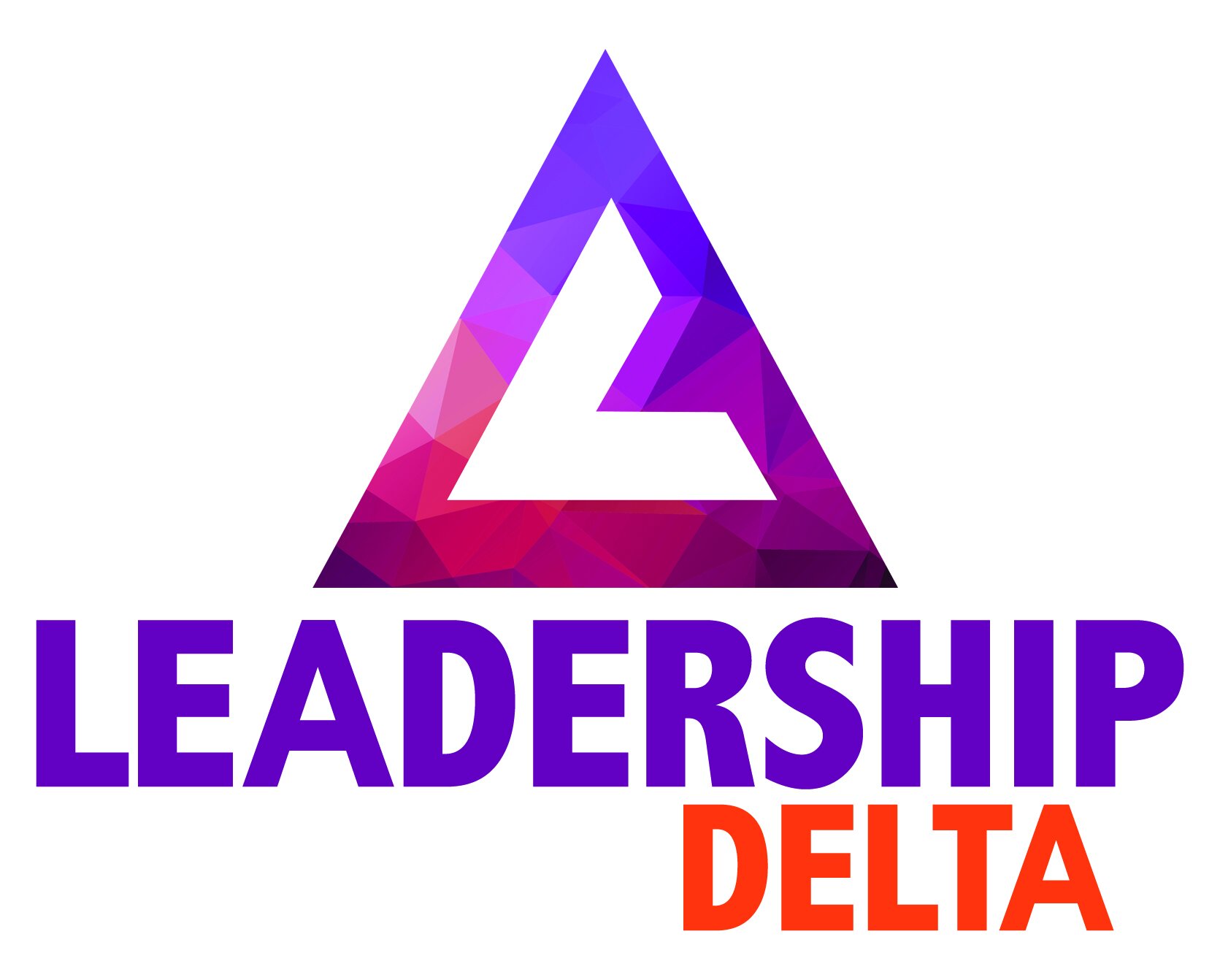Gold Rush: Discover the Potential of Productive Conflict, Your Team’s Most Valuable Resource
Conflict brings clarity.
Doesn’t that just cut to the core?
While conflict can be uncomfortable and downright upsetting, it has the potential to strengthen the professional and personal relationships we value most.
Here’s the kicker–if you want to leverage the potential of conflict, you have to be willing to change how you engage in it.
If you’re feeling it in your core again, don’t fret. Consistent effort, commitment, and practice will ease the ache and strengthen your skills.
Let’s look at how to stop avoiding conflict and instead channel it into a productive tool.
The Trap of Artificial Harmony
Artificial harmony is a trap you and your team must avoid at all costs.
If your team appears calm and collected on the outside but is failing to make real progress as a group, it’s time to take a deeper look at the real issue. Most likely, your team has fallen into artificial harmony, avoiding conflict whenever possible.
Teams with artificial harmony are experts at maintaining the status quo. To maintain their own emotional or mental safety, team members sacrifice quality work. Simply, they’re stuck! They are paralyzed by the fear (real or perceived) of disrupting the peace.
The seedy underbelly of this “peace” is a pressure cooker of tension, unresolved issues, and poor morale. Staying in the unhealthy realm of artificial harmony is harmful for the team and the company. It promotes mediocrity, discourages innovation, and effectively snuffs out all accountability.
Avoiding conflict may prevent short-term discomfort, but it guarantees long-term underperformance.
Productive vs. Destructive Conflict
Not all conflict is created equal.
Let’s look at two styles: Productive Conflict and Destructive Conflict. One guess which style we like best.
Destructive Conflict
Destructive conflict is rooted in blame, ego, and defensiveness. This style of conflict divides teams, damages relationships, and drains the life out of the team.
Productive Conflict
Productive conflict is fueled by curiosity, respect, and a shared interest in finding the best solution. This style of conflict challenges ideas, not people.
If you’re at a crossroads with the way you or your team handles conflict, productive conflict is the path for you. The path to productive conflict is paved with a foundation of trust.
Building the Trust Foundation
Trust is a non-negotiable for a team to thrive. Trust transforms conflict from a personal threat into a mutual quest for a better outcome.
A culture of trust empowers team members to respectfully challenge one another’s ideas without fear of retaliation or reputational risk. These teams understand that productive conflict is part of their shared language and can therefore identify that the intention is constructive.
It’s deeper than a “positive work environment.” A foundation of trust equates to psychological safety. When team members believe they can share opinions that are respected, heard, and even adopted, they are far more likely to share honestly.
Leaders who cultivate this psychological safety model this by sharing their own vulnerability. These leaders admit errors, genuinely ask for input, and reward respectful disagreements.
Trust also shortens the recovery time after conflict. Teams with strong foundations of trust can navigate intense debates and return quickly to collaboration because the bond between members is resilient.
Be a “Team Whisperer”
Leaders, you set the tone for how conflict plays out in your team. If you shut down conversations when things get tense, your team will learn to hide disagreement. If you guide them through the discomfort, they’ll learn to navigate it themselves.
Leadership Delta teaches leaders how to be a “Team Whisperer.” This approach is transformative, turning your destructive conflicts into productive, game-changing moments of clarity.
“Team Whisperers” model and prioritize blame-focused arguments to intentional, respectful problem-solving discussions. Learning to lead as a “Team Whisperer” is your secret weapon for leveraging conflict for good.
Conflict as a Competitive Advantage
Healthy, productive conflict resolves issues and accelerates performance. It fast tracks innovation and strengthens relationships in and out of the office.
It’s time to change the conversation around conflict. Conflict isn’t a sign of failure or defeat. Productive conflict is validation that the members of your team are engaged in work that matters, surrounded by people who support them.
Conflict is the untapped resource you’ve been looking for. If any of this sounds familiar, contact us today, and explore how you can transform tension into your team’s greatest strength.

